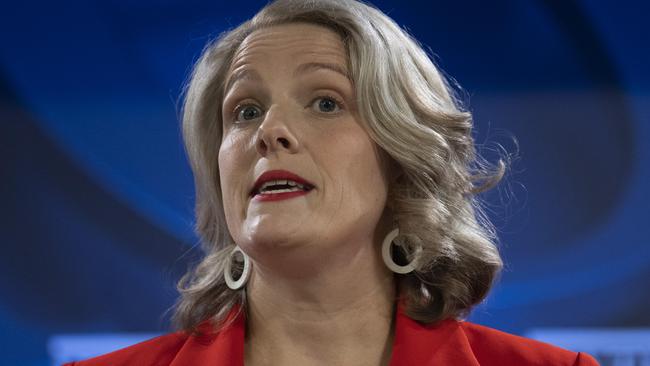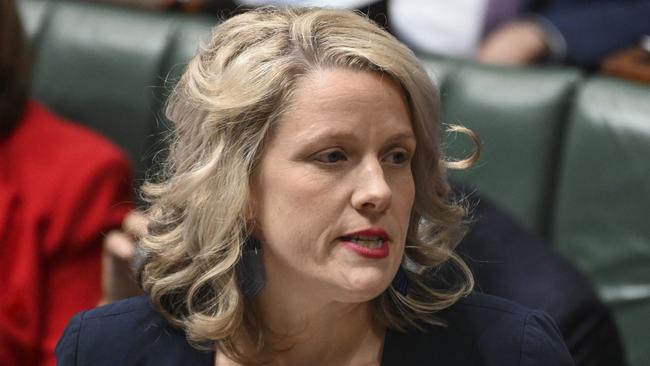Major review outlines problems with Australia’s ‘broken’ migration system
A fresh review is set to pave the way for the biggest reform to Australia’s migration system in decades.
Migrants are exploited, underpaid and Australia must prepare for climate change refugees, a fresh report has found.
A review of the nation’s embattled visa system will be released on Thursday, paving the way for the biggest reform to migration settings in a generation.
Home Affairs Minister Clare O’Neill will front up to the National Press Club to outline the findings into a system which it says is “broken”.
“The system is broken and the significant stepchange (is) therefore required to reap the opportunities and navigate the challenges of the next two decades,” the report said.
The review, led by former public service chief Martin Parkinson, University of Adelaide professor Joanna Howe and former Deloitte partner John Azarias, was commissioned by the government last November.
A chapter of the review made available ahead of its release emphasises Australia must shift away from a “permanently temporary” mindset.

“That has caused harm to Australia and to migrants and has undermined community confidence in the migration system,” it said.
The effects of climate change could see migration from the Pacific increase and Australia should prepare for that by “fostering economic and social resilience” in island nations, the review chapter said.
Since 2007, the number of temporary migrants in Australia has soared from around one million to 1.8m today. Meanwhile, net skilled permanent migration has stayed around 30,000 a year for the past two decades.
When Ms O’Neil announced the review, the minister lamented that an overhaul of the “byzantine mess” of immigration was desperately needed.
The review also warned the current program was “outdated”, poor service delivery risked Australia’s chances of attracting the best talent and that lower paid and vulnerable migrant workers were not protected enough.
“There is widespread evidence that temporary migrant workers are exploited and aspects of the migration system heighten this risk,” it said.
The long wait times for parent visas “that never come” and the push to send migrants to the regions was also criticised.

Prior to the report, Labor flagged a desire to increase the temporary skilled migration salary threshold above the current $53,900.
The reviewers agreed, warning the current figure was “too low” and neither the system or other supporting architecture “have been effective in protecting migrant workers from underpayment”.
“While the majority of employers aim to do the right thing, sponsorship arrangements that tie temporary workers to their sponsoring employer create a power imbalance that facilitates exploitation by the unscrupulous,” they said.
The review will also make the case that it should be easier for talented international students to remain in the country post-study.
“Australia is letting too many former students become ‘permanently temporary’ by not identifying those with the greatest potential for success,” it said.
Care needed to be taken to ensure migration does “not encourage a brain drain” which robs the Pacific Islands of its best and brightest, it said.


